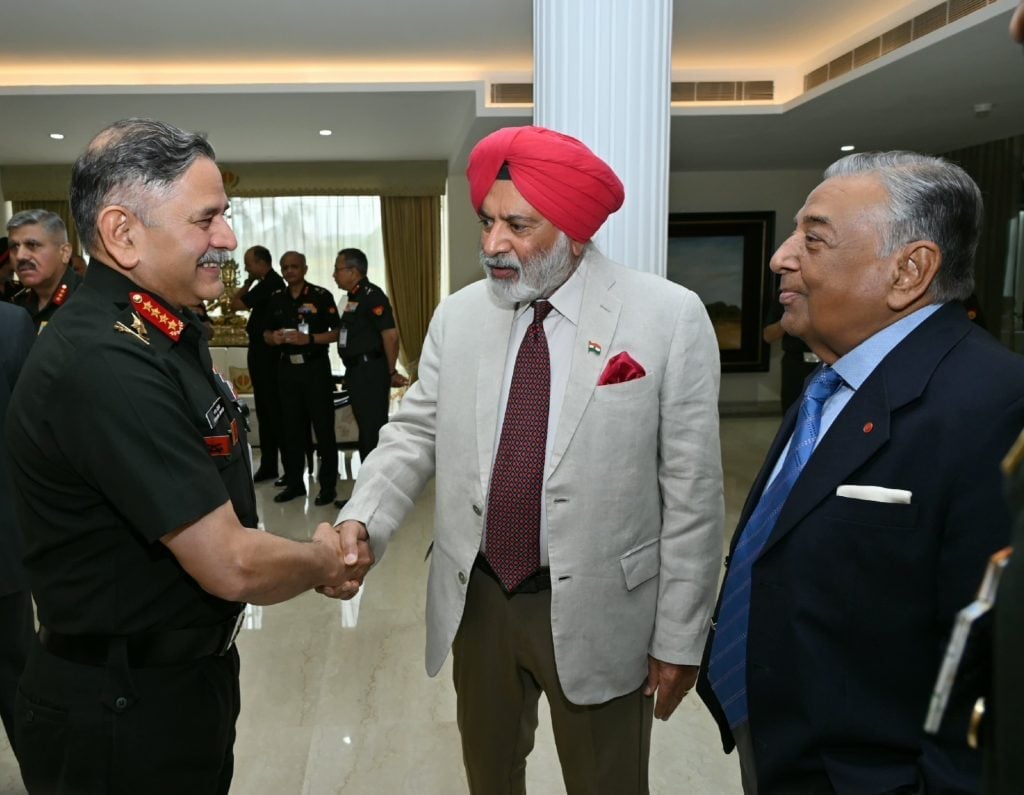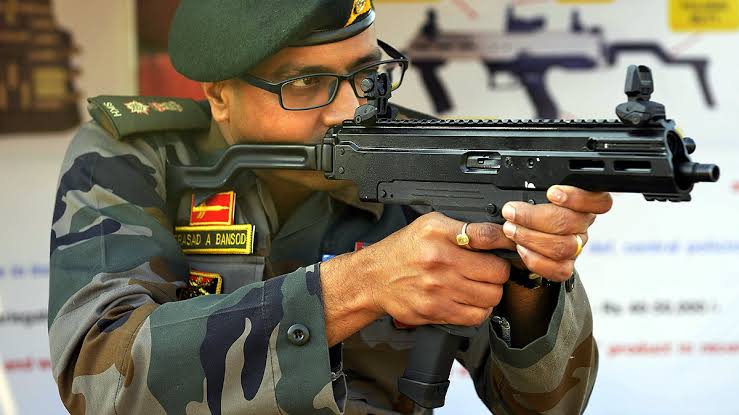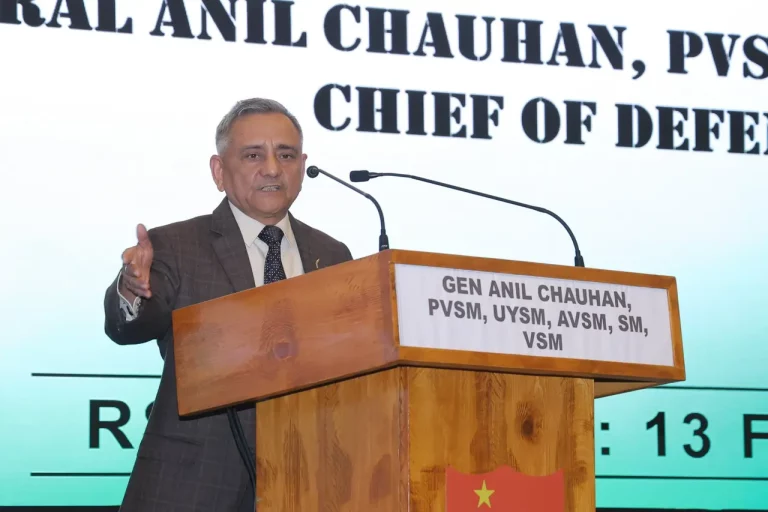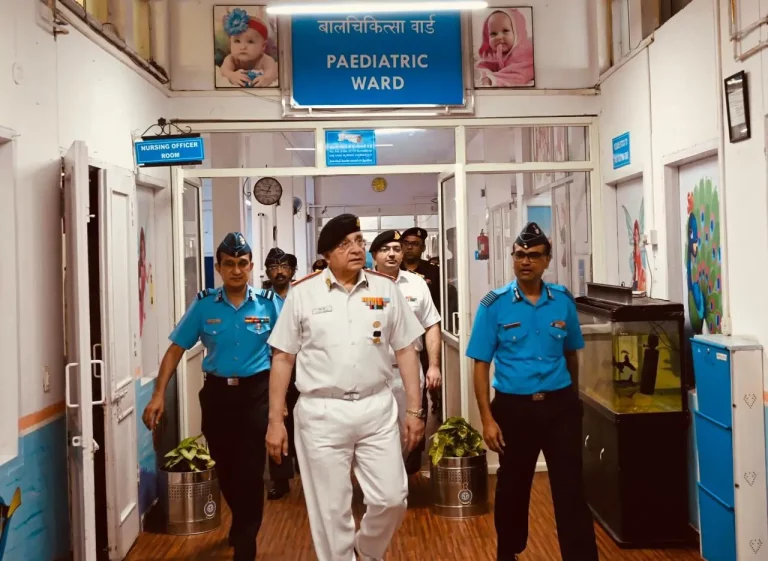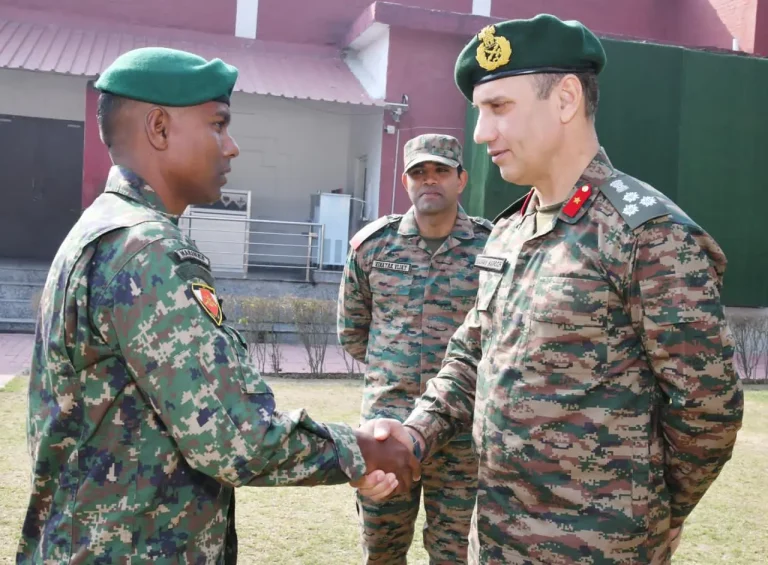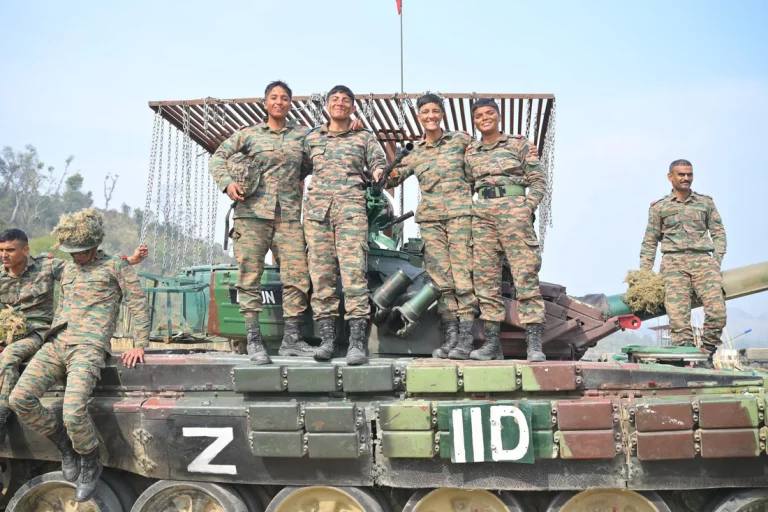The Indian Army recently held a notable two-day strategic conclave called “Chief’s Chintan” at the Manekshaw Centre, gathering current Chief of Army Staff (COAS) General Upendra Dwivedi and several former Chiefs of Army Staff. This significant event aimed to utilize the extensive experience of retired military leaders to influence the future direction of the Indian Army, particularly in light of the recent success of Operation Sindoor.
Operation Sindoor was a meticulously orchestrated joint operation that involved the collaboration of the Army, Air Force, and Navy, effectively targeting and dismantling key terrorist networks. This operation signifies a considerable advancement in India’s counter-terrorism efforts. The conclave provided an avenue for a comprehensive briefing on the operation’s execution, its strategic impact, and the collaborative model utilized, serving as a foundational context for broader discussions about military strategy and operations.
General Dwivedi, who took on the role of COAS on June 30, 2024, highlighted the critical importance of incorporating insights from former Chiefs to enhance the Army’s capabilities and implement necessary organizational reforms. Among the retired leaders present were notable figures such as Generals V.P. Malik, N.C. Vij, J.J. Singh, Deepak Kapoor, Bikram Singh, and Manoj Pande, all of whom contributed valuable recommendations aimed at steering the Army’s future.
A prominent theme of the conclave was the promotion of “AtmaNirbhar Bharat” (Self-Reliant India), which featured discussions focused on the increasing adoption of indigenous military equipment. According to data from the Ministry of Defence, there has been a striking 60% rise in indigenous procurement since 2020, signaling a strategic pivot towards self-sufficiency in defense manufacturing.
General Dwivedi, recognized for his keen interest in technological advancements from his previous tenure as Deputy Chief of Army Staff (Information Systems), brought attention to the integration of cutting-edge technologies such as big data analytics, artificial intelligence, and blockchain solutions into military operations. This forward-thinking approach mirrors global trends, with militaries worldwide, including the U.S., ramping up domestic technology integration by 45% since 2015, as reported by the RAND Corporation.
The conclave reaffirmed a collective commitment from both current and former leaders to ensure that the Indian Army is well-prepared for future challenges. This positions the Army as a cornerstone of India’s national security strategy within a rapidly evolving geopolitical landscape.
